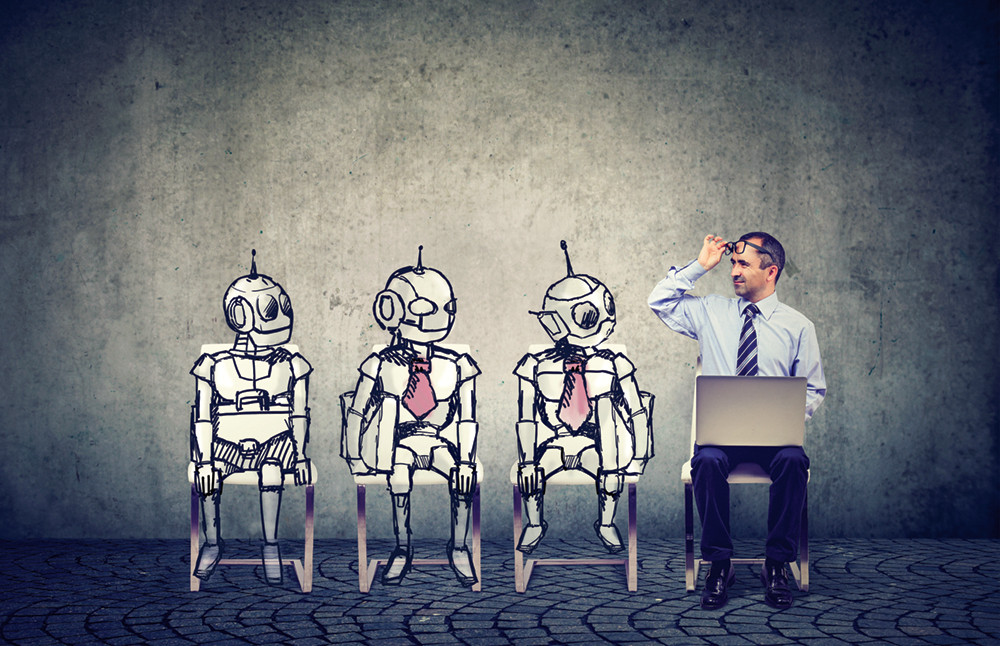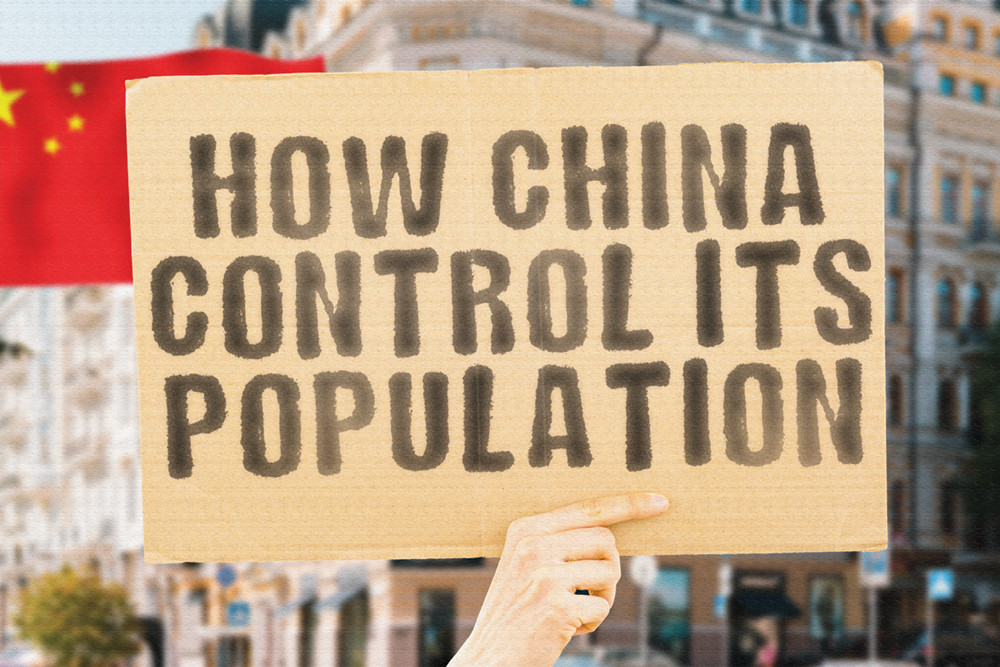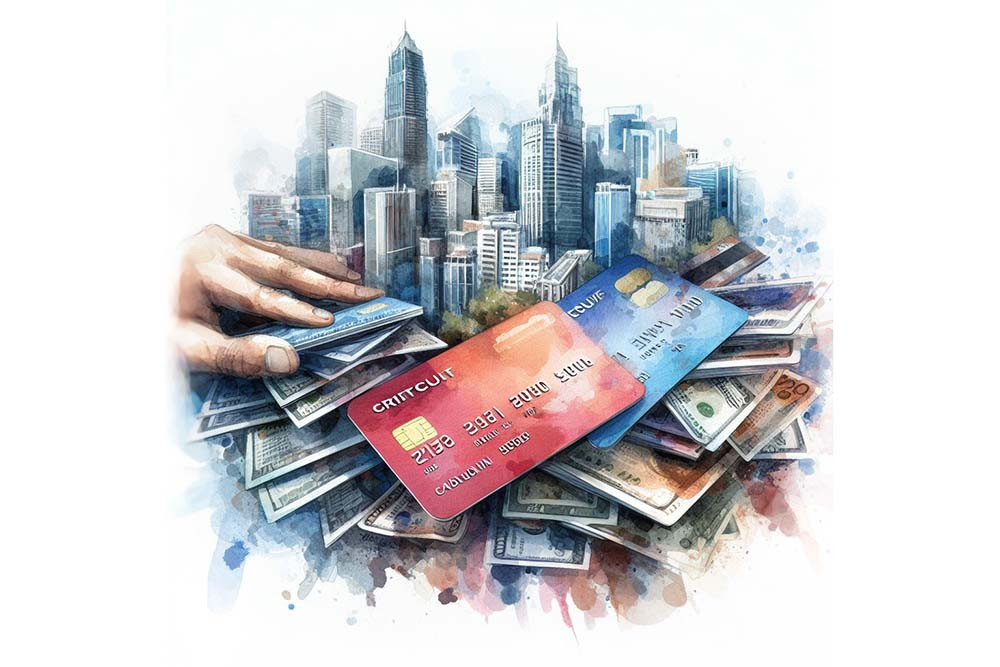
Economics is not the same thing as statistics.
Economics studies human choice under scarcity. Humans must act in the present to provide for the future. Informed choice relies on market data in the form of prices—specific prices for specific things, as we assess various different means to satisfy our ends—that is what economics is about.
Macro-statistics such as GDP and CPI, whether they are rising or falling in the aggregate, do not help much with this vital task. These statistics are compilations of vast amounts of data to come up with averages across entire countries and time-periods. It’s a dilution of the data, not an enhancement.
Scarcity, Supply, and Demand
Scarcity is always with us, but in a rapidly changing world, supply and demand conditions change, and people must respond. Right now there is a real supply shock. Entire industries—e.g. air travel, hospitality, live entertainment, and sports—are being prohibited by governments.
There are other industries facing a dramatic upswing right now—e.g. food distribution, medical supplies, health care services and online learning support—that are struggling to keep up with demand.
Talk of recession, some will accuse, is irresponsible. It will “cause people to get gloomy and decrease aggregate demand,” they will warn. But this is nonsense pop-psychology. Talking about recession does not cause recession.
The official definition of recession is two consecutive quarters of negative GDP growth. (The unspoken definition of Depression is “What? Pfft, we are too clever for that these days, haha.”) Once the statisticians average out the industries facing upswing and those facing downswing over the next six months they will be able to ‘call’ it one way or the other, and it is almost certain to meet the criteria. But either way, their diagnosis will be irrelevant.
If you are in those jobs and industries facing downturns, you are personally facing a recession right now (or you can call it a depression, if you are bold enough). This is already a lived reality; you don’t need a statistician to “look at the numbers” in six months time to decide. Nor will it help your predicament if in six months time they proudly assert “actually, it didn’t meet our technical criteria, so nothing to worry about…”
Talk of Recession
A post-hoc diagnosis of recession is not something to be feared, as the pain will have been felt already anyway. And the (improbable) diagnosis of no technical recession is not something to be celebrated.
Talk of recession, some will accuse, is irresponsible. It will “cause people to get gloomy and decrease aggregate demand,” they will warn. But this is nonsense pop-psychology.
Talking about recession does not cause recession. Likewise saying good things about the economy does not restock supermarket shelves or lift prohibitions on air travel or live entertainment. Supply has decreased, suddenly and dramatically, so our consumption must decrease, by definition. You cannot consume something that does not exist, no matter how hard you wish for it.
Government policy should be on mending holes in the social safety net, compensating those it has forced out of business and jobs, and reducing the tax and regulatory burden it places on businesses, workers and consumers as they try to adjust.
Neither is a technical recession something governments should try to prevent, at the macro level. Our private responses at this time should be charity and neighborliness.
Government policy should be on mending holes in the social safety net, compensating those it has forced out of business and jobs, and reducing the tax and regulatory burden it places on businesses, workers and consumers as they try to adjust.
These are all microeconomic responses to relieve suffering and remove impediments.
“What a country wants to make it richer, is never consumption, but production. Where there is the latter, we may be sure that there is no want of the former,” said John Stuart Mill, citing Say’s law.
But what in particular should we produce, and how? To answer this, we need a functioning price system.
During this time of greater material scarcity, we need to find the optimum path to a temporarily smaller economy. The one that—as well as possible—aligns with real and changing consumer demand patterns.
Prices Talk
In a time of rapid change and disruption, we need prices to do their job more than ever so the entrepreneurial process can work. High prices show which industries to move more resources into, and low prices show which ones to move resources out of to free them up for more urgent uses. From the point of view of consumers, high prices show us what we should cut back on, and low prices show where we can pick up bargains. This process takes time. Interfering with this process just locks in shortages and surpluses.
Government attempts to “stabilise” the macro-statistics will not help, but have the potential to do serious harm. So-called “stimulus,” just thrown at “the economy” to increase “aggregate demand” in the abstract, cannot work, when there are supply constraints in some industries and prohibitions in others. Central banks cannot recreate the pre-crises status quo by printing money, and to try to is foolish. All it can do on the macro-level is to cause price inflation, which in times of recession is called stagflation.
Relative price changes allow people to make better decisions, but fiscal and monetary stimulus only interferes with these signals and clouds judgement, causing mis-allocation of resources and mal-investment. It tries to prevent asset price falls and bank failures, but in the mean-time causes other prices to rise, out of sync with real customer demand patterns. Prices rise according to dodgy signals—with people closely connected to the centres of power in government and banking enjoying increased purchasing power at the expense of everybody else. Share market investors and property speculators avoid some pain, but retirees and savers are once again thrown under the bus.
To reiterate, this does not mean policy makers should “do nothing” while the economy adjusts. But their response should be targeted on relieving suffering for those who are suffering the most, not on trying to “even up” some macro-statistics.
Mark Hornshaw is a lecturer in Economics, Entrepreneurship and Management at The University of Notre Dame Australia.
Source: fee.org





